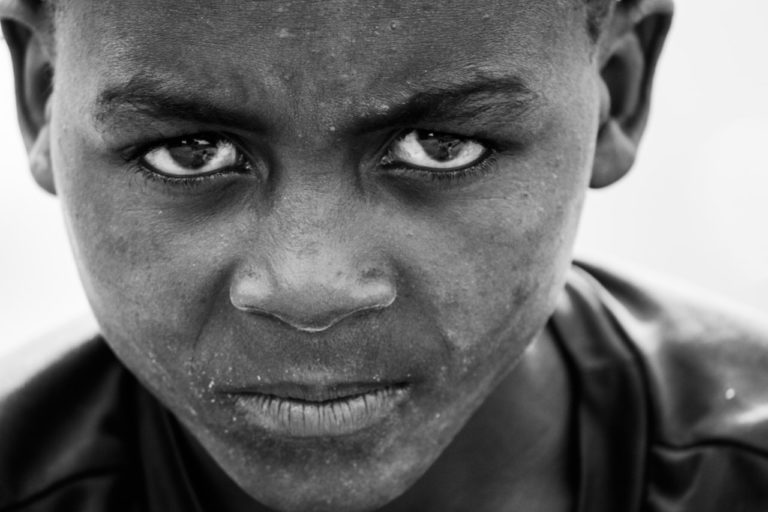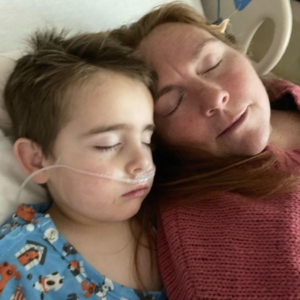I got a call from my daughter’s first-grade teacher this morning. Her voice was shaky. I was immediately empathetic. See, I’ve been on the other side of that phone call. I’ve had to call a parent about behavior issues—ones I didn’t see or catch because I was in charge of way too many kids and I missed things . . . until it was too late.
The issue was that my daughter had not been able to keep her hands off another student during the school day. This upset the other child and his parents let the teacher know how frustrated they were. This child, who my daughter really loved—maybe a little too much—would no longer be her seatmate. She would be moved.
I told this kind, young teacher that we were struggling with the same things at home and that she needed to do whatever she felt necessary to run a peaceful classroom.
RELATED: Good Teachers Are Leaving the Field, and It’s Time We Talk About Why
I told my daughter immediately what had happened. For months, we’d been telling her that if she disrespected her friends’ space the way she disrespected the space of her parents and siblings, she’d find herself separated from her friends at school. This was those warnings coming to fruition.
We tried to make that connection with her. She seemed sad, but her usual sad. She was upset that she had been caught, that she had been the “victim” of a parent’s frustration. She rarely understands her personal responsibility. You see, we believe she is on the spectrum.
She is many wonderful things: a beautiful singer, extremely smart, goofy, very athletic, and kind and loving to humans and animals alike (in her own way). She struggles, and I don’t think she ever truly means harm by her behavior, but she is still responsible for them.
I think, many times, we want to explain our kids’ behaviors away or see the other child/parent as too sensitive. But, as we’ve taught our kids over and over, it doesn’t matter what you meant, it matters how they felt.
So, my child will come home today and write an apology letter. I will talk to her (admittedly, a little more calmly than I did after this morning’s phone call) about how I know she didn’t mean to be harmful but consent is so important, and she is now suffering the consequences of not being respectful of the space of others. She will know she’s loved and forgiven, but she will also know and understand as best she can where her behaviors are causing her lack of friendships and relationships.
RELATED: Building Resilient Kids
As parents, we cannot preach consent and then make excuses for our own children. Unless you feel a teacher or parent is a bully to your child, I encourage you to be your child’s teacher’s advocate—to let go of the belief that your child can do no wrong or that they’re not to blame if their odd behaviors disturb another child.
Taking responsibility is something we all have to do in life, and it’s a gracious opportunity to work on these skills when they present them in what seems like embarrassing or unconventional ways.
It really is grace to our children to let them fail and feel the embarrassment of their choices. It really is okay, because if we’re honest, we’ve all been there. Haven’t you?

If you liked this, you'll love our book, SO GOD MADE A MOTHER available now!
Order NowCheck out our new Keepsake Companion Journal that pairs with our So God Made a Mother book!
Order Now
















